WORLD BOXING ASSOCIATION (WBA) PROFILE
The World Boxing Association, abbreviated to ‘WBA’ is one of the four major organizations that sanction world championship boxing fights. It is the oldest out of the other four organizations. It was formed in 1921, in Rhode Island by thirteen state representatives and at that time it was named the National Boxing Association (NBA). One of the reasons for creating this new organization was to counterbalance the at that time dominant New York State Athletic Commission (NYSAC). These two organizations eventually started awarding the champions titles to different fighters in the same division, paving the way for the present situation where we have multiple world champions in one division.
Initially, the NBA published challenger lists and sanctioned title bouts but did not try to impose its will on championship fights or collect sanctioning fees. In that regard, the NBA was a body more similar to what is today the American Association of Boxing Commissions, than the WBA itself. The first bout recognized by the NBA was a Heavyweight Championship bout between Jack Dempsey and Georges Carpentier in New Jersey.
With boxing becoming a global sport through the mid part of the 20th century, there was the growing need for a worldwide organization to represent the sport. With this need in mind, on August 23, 1962, the NBA changed its name to the WBA. This rebranding marked the beginning of other nations local organizations becoming associated with the WBA. By 1975 most of the country members were actually from Latin America, a connection that still holds true today. That same year the organization relocated its headquarters to Panama. After another relocation, this time to Caracas, Venezuela that lasted from the 1990s to the early 2000s. By 2007 the central offices were back in Panama City where they still work today.
At the beginning of its existence, the WBA was led exclusively by 43 North American presidents, up to 1974. Two years after the name change in 1964, the first Latin American member of the WBA Executive Committee, doctor Elias Cordova from Panama, was promoted to the committee. Ten years after, doctor Cordova became the first Latin American president in the history of the WBA. Since 1974, all presidents that have held post have been Latin Americans. Cordova was president until 1976, followed by Venezuelan Fernando Mandry Galindez who was president from 1977 to 1979. After that, Panamanian Rodrigo Sanchez held the post for three years up until his death in 1982.
During the annual convention in 1982 held in San Juan, Puerto Rico, in a 41 to 32 vote win against Bob Lee who was then commissioner of the New Jersey Athletic Commission, Venezuelan Gilberto Mendoza was named the president of the WBA. He became the longest-serving president in the history of WBA, finally retiring in December 2015 due to ill health. After his retirement, the WBA unanimously selected him as President Emeritus of the WBA. The current president is his successor, and son, Gilberto Jesus Mendoza.
The WBA is closely cooperating with regional organizations on multiple continents. The Pan African Boxing Association (PFBA) in Africa, Latin American Boxing Federation (FEDELATIN) and Bolivarian Boxing Federation (FEDEBOL) for Latin America, Central America Boxing Federation (FEDECENTRO) for the Central American region, North America Boxing Association (NABA) for North America and the World Boxing Association International (WBAI).
The WBA awards its champions in all divisions their recognizable black belt. The WBA recognizes title holders from the other three major organizations, as do all of them recognize the WBA belt. The WBA is unique in its approach to awarding titles comparing to the other organizations, in that they often award two titles in the same division.
Often division will have ‘Regular’ champion, and the other is the ‘Super’ champion. If a fighter that holds the WBA title, also wins a belt from some of the other three major sanctioning bodies, he or she is then promoted to WBA ‘Super’ champion. The title he initially held is then referred to as the ‘Regular’ title and becomes vacant for competition by other WBA-ranked boxers.
This is why official WBA rankings lists will sometimes show for example ‘WBA Super World Heavyweight Champion’ and a ‘WBA World Heavyweight Champion’ for the heavyweight division, or the same format for any of the other divisions. A fighter will also be promoted to WBA ‘Super’ champion for having multiple title defenses. For example when Roman ‘Chocolatito’ Gonzalez was promoted to a ‘Super’ champion after his fifth successful title defense. Despite multiple reports from the WBA that they will reduce the number of titles to one per division, they actively continue to issue ‘Regular’ title fights.
The WBA along with the other three sanctioning bodies also recognizes ‘interim’ titles. They introduced the concept during a meeting of their Executive Committee in April 1998. The idea for this title came about when a world champion would be temporarily unavailable to defend his or her in the event of an injury or illness.
The WBA decided that in this situation, two highly ranked contenders would fight for the interim title. The winner of the bout, or the interim titleholder, would then become the mandatory challenger for the original world champion when he or she returned to the ring. However, throughout the years the reasons for interim title bouts have become flexible (to say the least).
The WBA also recognizes fighters as ‘Unified Champion’ or ‘Undisputed Champion,’ even in situations when the WBA belt is not one of the titles held by the fighter. For example, Nate Campbell held the WBO and IBF titles and was recognized as WBA ‘Undisputed Champion’ at lightweight, while simultaneously the WBA ‘Regular champion’ was Yusuke Kobori.
Notable boxers throughout history that have been recognized as WBA world champions:
- Muhammad Ali, Joe Frazier, Mike Tyson, Lennox Lewis, George Foreman, Evander Holyfield (also in Cruiserweight), Wladimir Klitschko, Roy Jones Jr (also in Light Heavyweight)
- Guillermo Jones, Denis Lebedev
- Thomas Hearns (also at Welterweight), Bernard Hopkins (also at Middleweight), Andre Ward (also at Super Middleweight)
- Joe Calzaghe
- Marvin Hagler, Carlos Monzon, Rodrigo Valdez, Felix Trinidad (also at Super Welterweight)
- Roberto Duran (also at Lightweight), Sugar Rey Leonard (also at Welterweight), Miguel Cotto (also at Welterweight), Canelo Alvarez, Floyd Mayweather Jr (also at Welterweight), Oscar De La Hoya
- Ricky Hatton (also at Super Lightweight)
- Wilfred Benitez, Edwin Rosario (also at Lightweight)
- Julio Cesar Chavez
- Wilfred Benitez, Edwin Rosario (also at Lightweight)
- Wilfredo Gomez
- Alexis Arguello

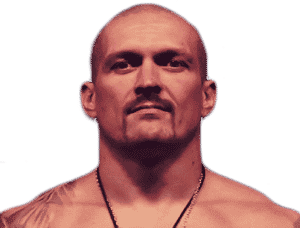

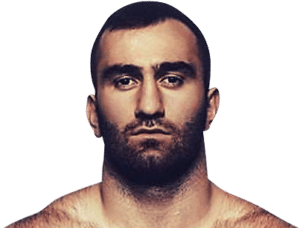


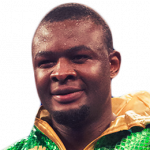

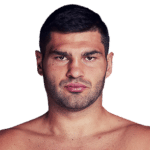



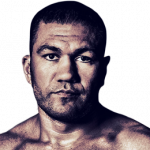

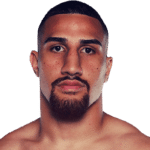

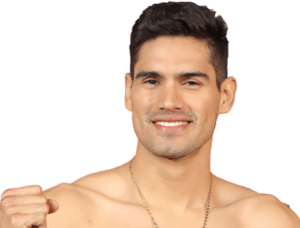



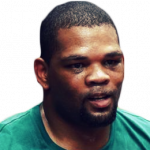
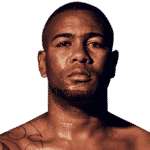



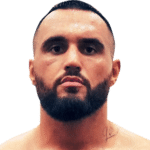



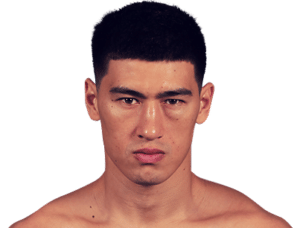
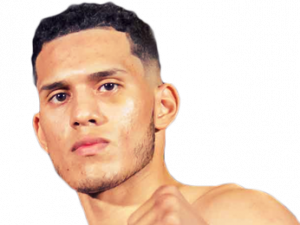


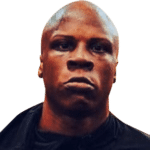







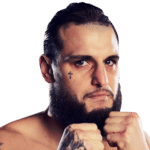
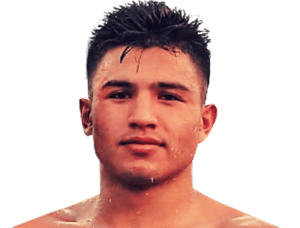

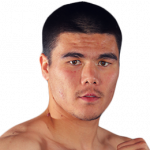





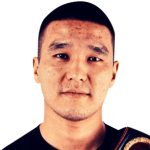








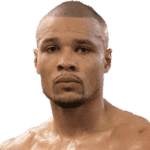






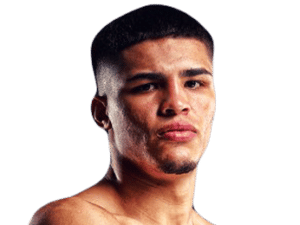
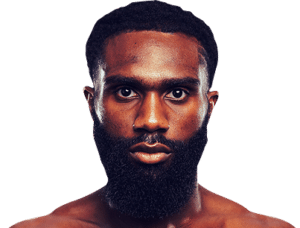
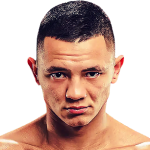

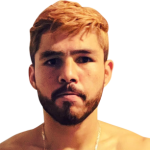


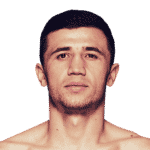
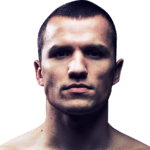



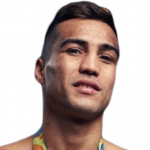




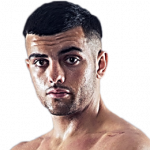



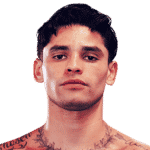



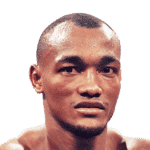
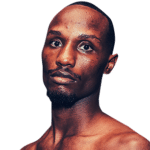

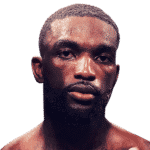





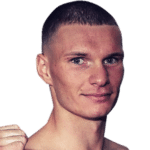


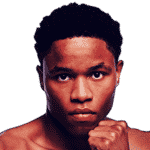



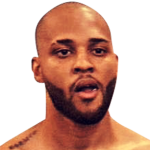




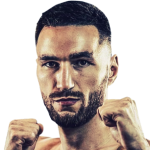

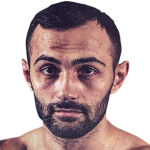
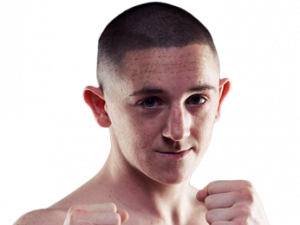
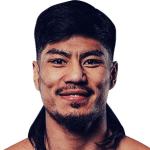
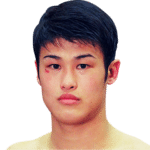


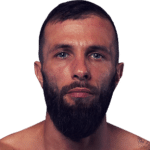
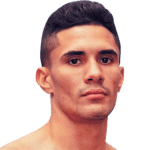
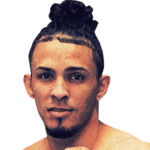
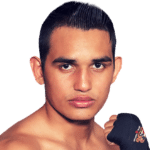

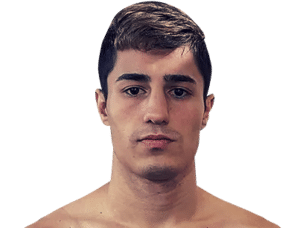


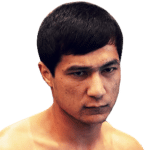
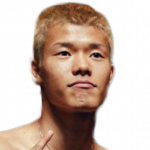


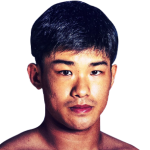




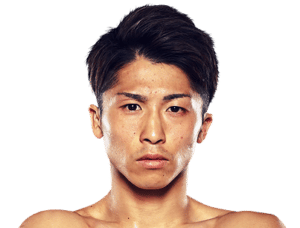


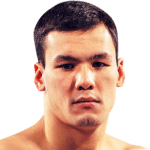
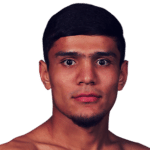

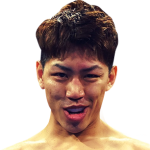
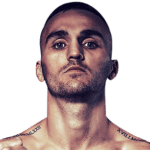


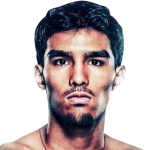



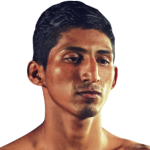
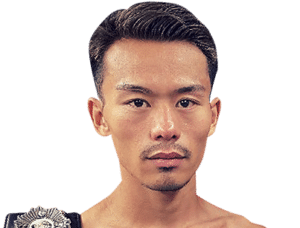
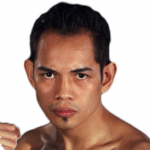

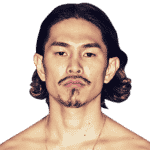
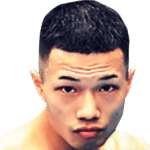
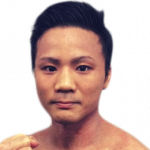



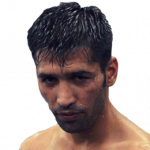
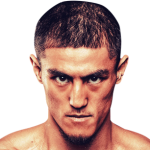

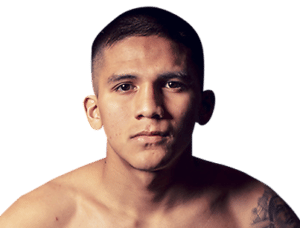
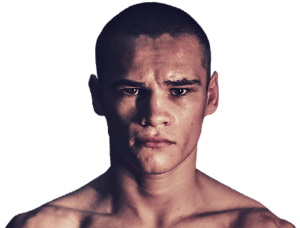

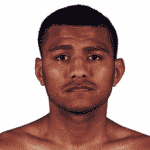
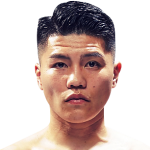

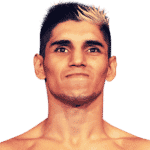




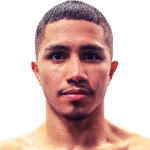
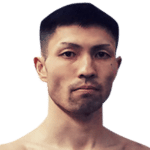


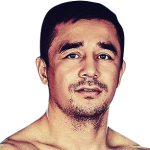

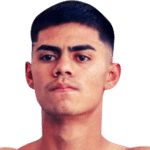







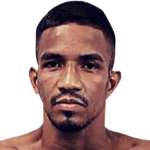





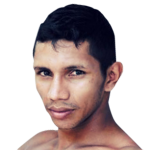

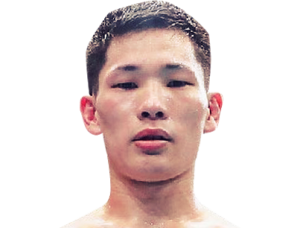
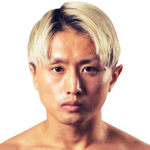
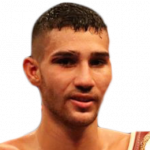


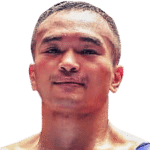


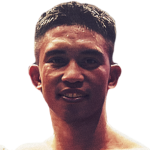





Give us your thoughts on WBA Rankings & Champions
Please login to comment
log in